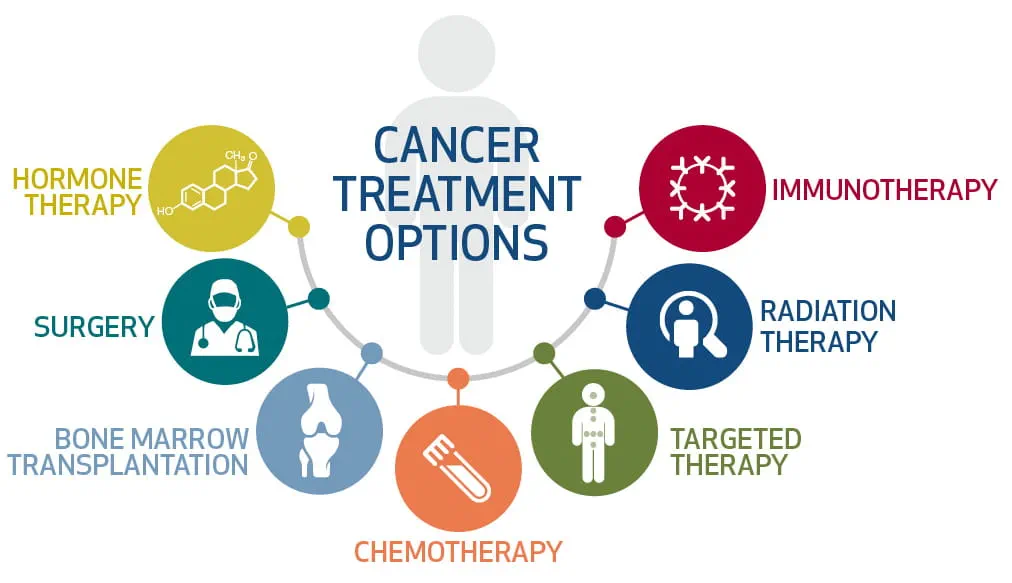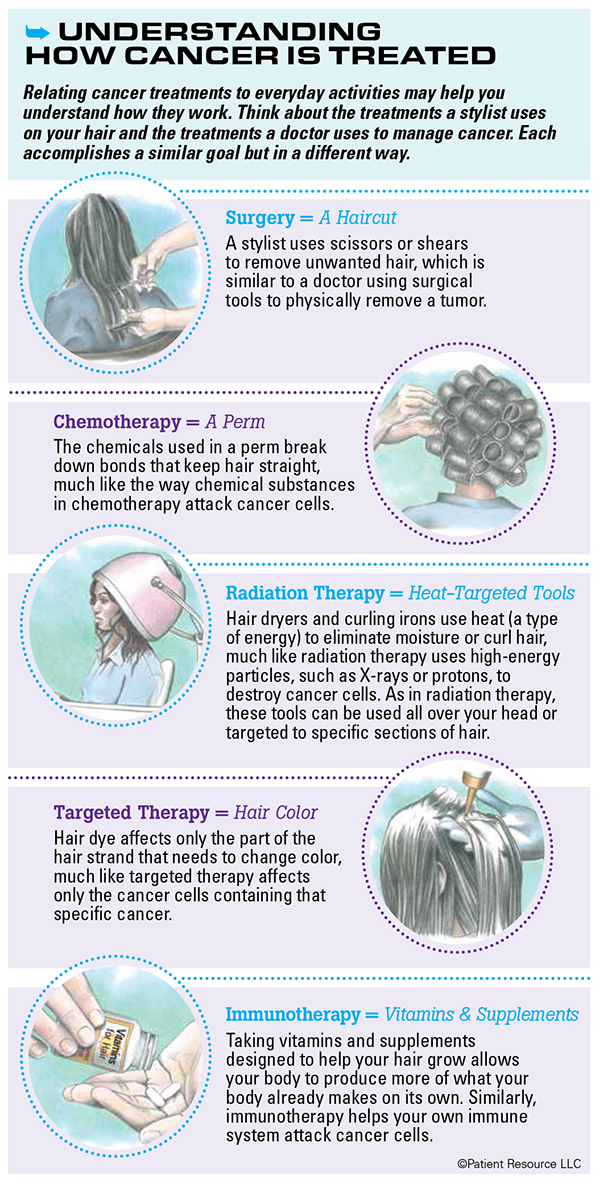Getting My Arogyajivan Medical Tourism For Oncology To Work
Getting My Arogyajivan Medical Tourism For Oncology To Work
Blog Article
The Arogyajivan Medical Tourism For Oncology Statements
Table of ContentsThe smart Trick of Arogyajivan Medical Tourism For Oncology That Nobody is DiscussingWhat Does Arogyajivan Medical Tourism For Oncology Do?The Definitive Guide to Arogyajivan Medical Tourism For OncologyThe 9-Second Trick For Arogyajivan Medical Tourism For OncologyArogyajivan Medical Tourism For Oncology Things To Know Before You Get ThisArogyajivan Medical Tourism For Oncology Can Be Fun For EveryoneThe 6-Second Trick For Arogyajivan Medical Tourism For Oncology
If you have cancer cells, your wellness care provider will certainly advise one or even more methods to treat the illness. One of the most typical treatments are surgical treatment, radiation treatment, and radiation. Various other options consist of targeted treatment, immunotherapy, laser, hormone treatment, and others. Here is an introduction of the different treatments for cancer and just how they work.Cancer cells expand and split faster than typical cells in the body. Since radiation is most unsafe to quickly growing cells, radiation treatment problems cancer cells extra than normal cells. It utilizes compounds made by the body or in a laboratory to aid the immune system work harder or in a more targeted means to fight cancer cells.
Some have toxins or radioactive substances affixed to them. It uses surgical treatment, or medicines to quit or obstruct the body's natural hormones. This assists slow down the growth of cancer cells.
Slim fibers at the end of the tube route the light at the cancer cells. Lasers are most commonly utilized with other kinds of cancer therapy such as radiation and chemotherapy.
Arogyajivan Medical Tourism For Oncology Can Be Fun For Anyone

An oncologist is a cancer cells doctor. Advertising on our website aids support our mission. A check out to an oncologist gives you a chance to chat with an expert who understands what you're going through.
They're ready to aid, and they'll walk with you every action of the means. Oncologists can: Run evaluates to detect cancerOffer a consultation on a previous diagnosisIdentify treatment optionsDiscuss each alternative's benefits and side effectsOversee cancer cells treatmentManage post-treatment treatment Seeing an oncologist does not always imply you have cancer. An oncologist obtains involved if you have symptoms that might be cancer.
The 8-Second Trick For Arogyajivan Medical Tourism For Oncology
Several cancers cells are extra treatable in the very early phases. Cancer is an intricate disease.
Radiation can shrink growths before surgery or eliminate staying cancer cells after surgical treatment. You may have radiation as a stand-alone therapy or in combination with various other treatments.
What Does Arogyajivan Medical Tourism For Oncology Mean?
Do I have cancer cells? How long have I had it? What will my life resemble currently? If these are visit here the inquiries competing with your mind, you're not alone. Your oncologist is right here to assist you navigate these feelings. During your very first go to, your oncologist will certainly: Ask you to describe your signs in detailDo a health examinationTestimonial your clinical records, consisting of family background and any kind of previous or existing wellness conditionsRun any needed examinations (like imaging tests or lab work) to find out more about your symptomsDetermine whether you need a biopsyWhen your oncologist gathers the info they need, they'll: Review the outcomes of your testsSend their searchings for to the doctor that referred youTell you whether you have cancer and if so, what kindTalk to you about different treatment optionsListen to your worries and anxietiesGive you resources that can use support and additional informationYour initially oncology see may take up to three hours.
Oncology is the research study of cancer cells. Words originates from the Greek word for lump or mass. The clinical field of oncology covers cancer research study, danger and avoidance, medical diagnosis, therapy, and survivorship. Experts educated in oncology give look after people who go to threat for cancer, being treated for cancer cells, and living with cancer cells after treatment.

The 7-Second Trick For Arogyajivan Medical Tourism For Oncology
Some kinds of cancer occur most often in these more youthful age teams. When these types of cancer cells periodically happen in grownups, those adult individuals go to these guys may choose to function with a pediatric oncologist.

In some cases, a surgical oncologist might be the first specialist a patient sees. In some cases when cancer is suspected but not detected, an oncologist could additionally be included. Some individuals with blood conditions that might or might not be cancerous might be referred to a hematologist oncologist. Lots of people will certainly continue seeing their oncologist for check out this site follow-up visits to inspect for indications of cancer coming back and to manage any type of negative effects from therapy.
See This Report about Arogyajivan Medical Tourism For Oncology
If you have a cancer cells diagnosis and are evaluating your therapy choices, think about participating in a clinical test. Although they may seem frightening at first, scientific tests can be incredibly valuable no issue what type or phase of cancer you have. Benjamin Levy, M.D., scientific director of the Johns Hopkins Kimmel Cancer Cells Facility at Sibley Memorial Hospital and a lung cancer researcher, clarifies a few of the factors to join a scientific trial.
Report this page